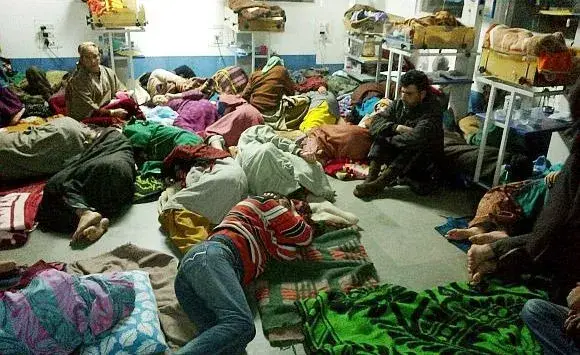80% of Public Health Facilities in India Are Substandard, Reveals Government Survey
A recent government survey under the National Health Mission (NHM) has revealed that nearly 80% of public health facilities in India fail to meet the minimum standards for infrastructure, manpower, and equipment. This self-assessment exercise involved over 200,000 facilities, out of which only 8,089 scored 80% or higher for compliance. The government aims to make 70,000 facilities compliant within 100 days and will conduct surprise inspections to ensure standards are met. Public health facilities from states and Union Territories were asked to provide details on the number of doctors, nurses, and basic medical equipment available. The data shared on the Indian Public Health Standards (IPHS) dashboard showed that 40,451 facilities submitted key statistics through the Open Data Kit, a digital tool developed by the health ministry. The results were alarming, with only 20% of facilities qualifying as IPHS compliant, meaning they had the necessary infrastructure, human resources, drugs, diagnostics, and equipment to provide essential services. Approximately 42% of the facilities scored less than 50%, while the remaining scored between 50% and 80%. A senior health ministry official emphasized that the self-assessment and real-time monitoring are crucial to ensure health facilities maintain required standards, leading to better health outcomes and a more equitable society. The Centre is pushing states and UTs to address the identified gaps with full support to improve service quality. In addition to the IPHS, the National Quality Assurance Standards (NQAS) will continue to physically evaluate district hospitals, sub-district hospitals, community health centres, and primary health centres on best practices such as availability of essential medicines, equipment, waste management, infection control, support services, and patient rights. A new provision of virtual assessment has been introduced for Ayushman Arogya Mandir, the most numerous public health facilities under NHM. The NHM covers 60% of the costs for public health facilities, with the remaining expenses borne by the states.
80% of Public Health Facilities in India Are Substandard, Reveals Government Survey Read More »


